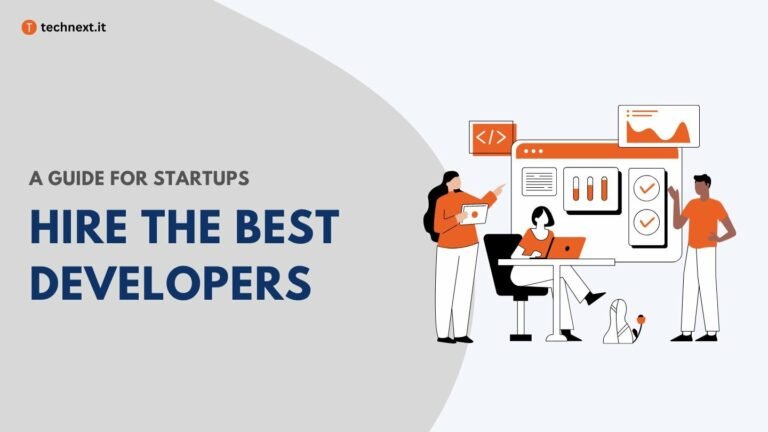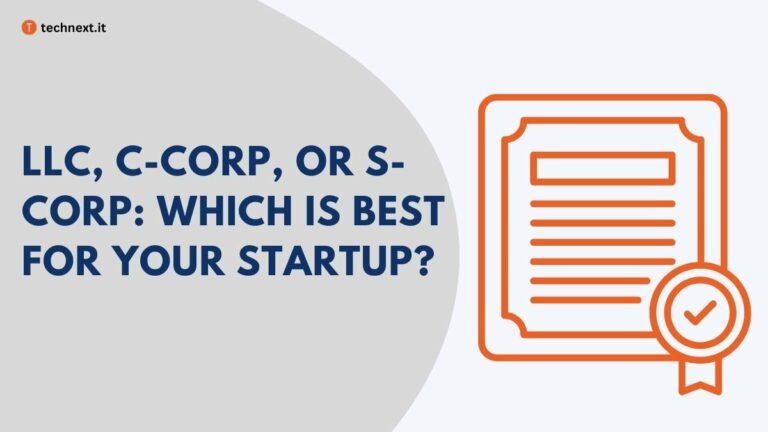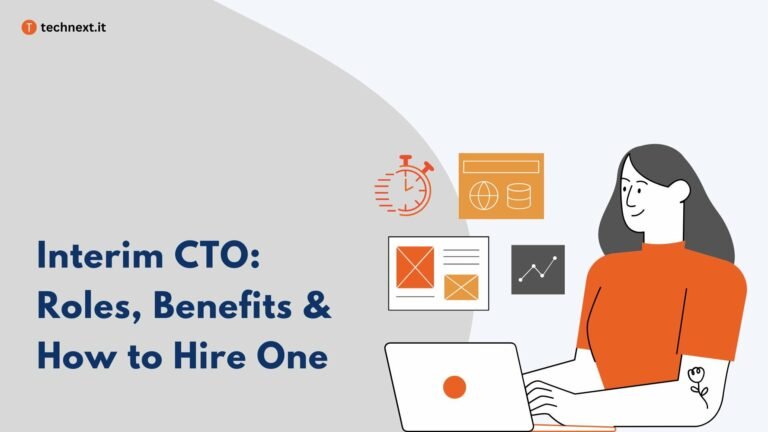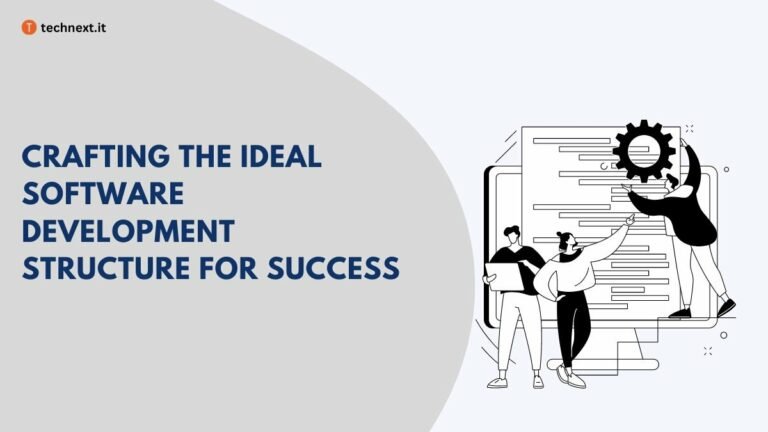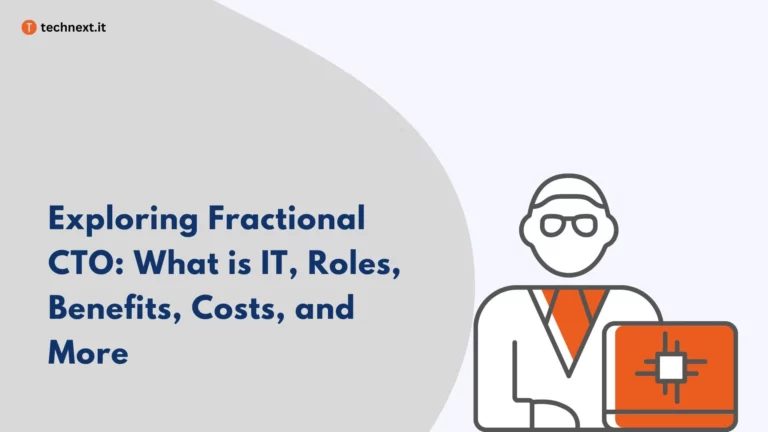Stock Options for Startups: A Simple Guide
Understanding stock options clearly is crucial for both startup founders and employees. This article will guide you both on how the stock option for startups works and how it will help you in the future.
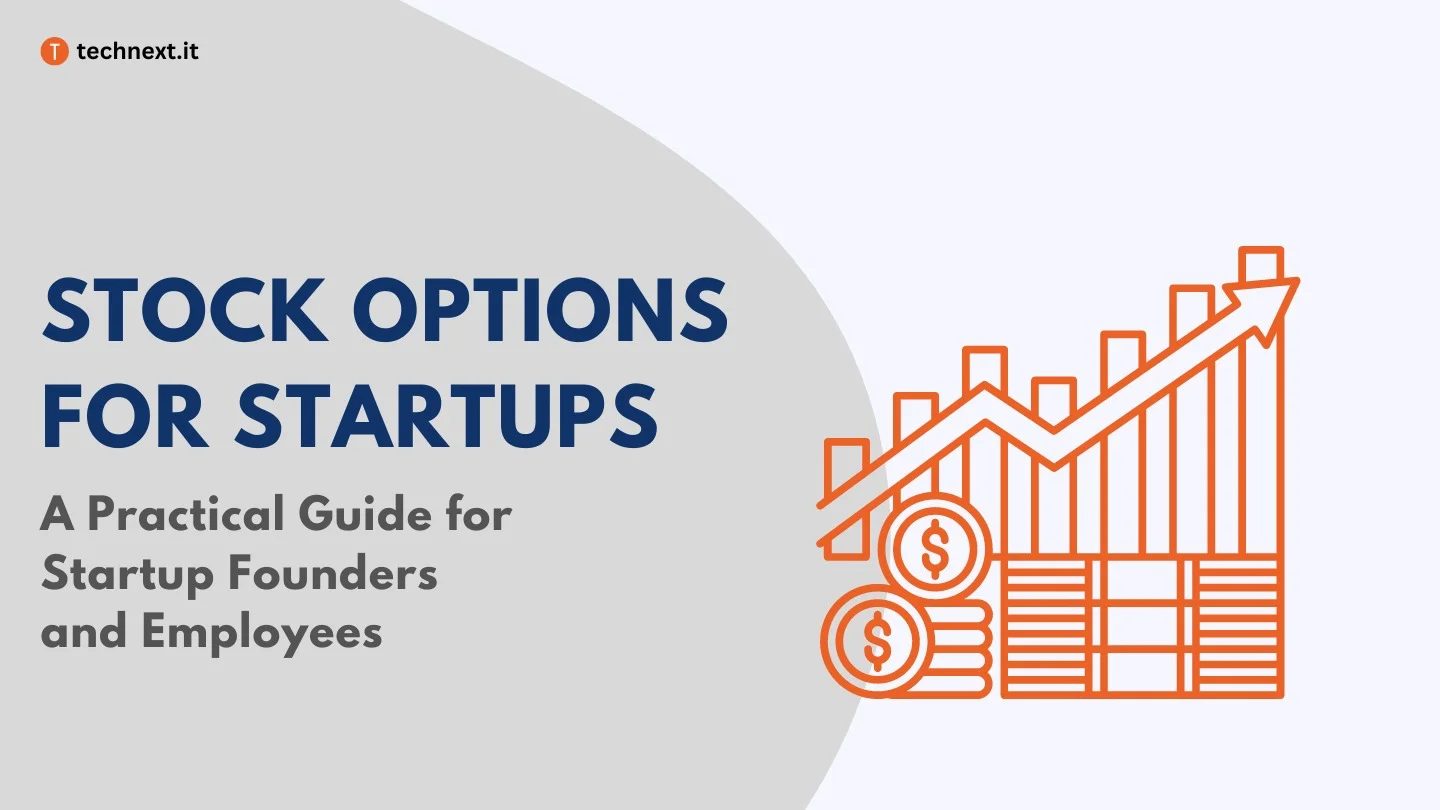
A startup’s essence lies in creating something exceptional with a group of devoted individuals who share similar goals and values, much like baking a cake alongside your fellow chefs.
But how do you keep all our co-workers motivated and aligned with your goal? By offering a piece of cake, right? And in the business world, that piece of cake is equity. But you can not split equity and offer shares to every one of your companies. In such cases, stock options are you lucky pass.
Say you are an early-stage startup founder who wants to attract talented employees by offering them stock options or an employee who got the stock option offered and needs to learn how it works or what to do next.
Let’s discuss!
Let’s Get to Know Stock Options for Startups
Let’s start with the basic ” what is a stock option?” – Stock options are basically an agreement allowing employees to buy a certain number of startup’s shares at a predetermined price.
As we all know, a startup needs committed employees to succeed, but it’s hard with limited resources.
This is where you, as a founder, can use stock options. You can offer stock options to your employees to encourage them to work in your startup. This way, your employees can also partake in the company’s success.
And you, as an employee, the premise is that if you believe in the company, you will work for its success. When the company succeeds and the stock price rise, you can purchase shares of stock at the predetermined price. A win-win situation for all.
I know what you are thinking – Yes, stock option grants do not provide direct company shares. It grants the employee the right to purchase shares in the future at an affordable rate. In other words, stock options are not stock.
A few things you need to know before jumping in
Understanding stock options can be if you are not familiar with some terms. So, let’s go over some of these terms to make it easier for you to understand. We’ll start with the most common ones.
Stock: A stock is a broad phrase that refers to any company’s individual ownership certificates. When you own stock in an organization, you instantly own a portion of the company that you can buy and sell easily.
Share: A share refers to a single unit of stock. After you purchase your share, you become a shareholder and possess a fraction of a percent of a company’s total stock or equity.
Stock option: A stock option is an assurance between a company and an employee that gives the employee the right to buy stocks at an agreed-upon price. You can buy or sell underlying stocks if you own a stock option.
Strike price: This is the price per share that your will pay when converting your options into shares. One of the main advantages of stock option plans is that the strike price specified in your options agreement is locked in and should not alter, even when the value of the company’s shares grows.
Issue date: In most cases, the issue date is when the company grants employees stock options. The issue date determines several components of stock options, such as vesting schedules and exercise periods.
Equity: In the context of a new business, the term “equity” refers to a share of the company’s ownership. At first, you, the founder, own 100% equity. After that, if you decide to have other co-founders, you can split the equity. You can learn more from our article “How to Split Equity in a Startup Fairly in 2023”
Vesting: How long does your employee have to delay until they can exercise all their stock options and any other conditions attached to doing so. This essentially means that he/she will have to wait until a specific date has passed before they can exercise any of their stock options.
Exercise: The moment when your employee purchases their vested options at the predetermined strike price to convert stock options into shares. Your employee needs to go through a vesting cliff to use the shares.
Vesting Cliff: This is the time when your employee can’t exercise their stock options. A one-year vesting cliff assures that your employees put in one year of work. After one year, they will hold 25% of their vested shares
Types of stock options common in the Startup world
Now let’s discuss the types of stock options. Two distinct forms of stock options are often offered to startup employees. Options include both ISOs (Incentive stock options) and NSOs (non-qualified stock options)
ISOs (Incentive stock options): Incentive stock options (ISOs) are granted only to your employees where they can buy the stock at a stick price to encourage them in long-term commitment and contribution.
ISOs (incentive stock options) also offer more favorable tax treatment compared to other forms of employee stock purchase plans. ISO holders do not need to report anything until the stock is sold. To receive the tax benefit, employees must meet specific obligations. The conditions are
selling ISO stock at least two years after the grant date and one year after exercising the options.
NSOs(non-qualified stock option): A non-qualified stock option (NSO) is another type of option that is granted to employees; unlike ISOs, NSOs do not qualify for special tax treatment. When an NSO (non-qualified stock options) is exercised, it is subject to regular income taxation. This stock price is usually set at or near the fair market value.
There are other types of equity grants which are alternatives to stock options.
Restricted stock units (RSUs): This is a form of equity compensation that entitles employees to receive company stock when certain conditions are met, such as vested or performance goals.
Employee stock purchase plans (ESPPs): It is a form of equity compensation where the employees can purchase startup stock at a discount through payroll deductions.
Restricted stock awards (RSAs): This is another form of equity compensation where the employee rights to the share are restricted until the shares are granted.
Although ISOs and NSOs are the ones founders offer to the employees in startups.
Let’s have a look into the Stock options grant process
The grant process for a founder would be different from an employee. As I previously stated, this will act as a guide for both the founder and the employees, so I’ll discuss both grand processes below.
1st phase – Process:
As a founder, you need to establish a stock option plan to outline the rules, rights, terms, and conditions for granting the stock options. Then you need to determine which employees are eligible to receive stock options. You can decide based on the job position, performance, and other criteria outlined in the stock option plan. You also need to select how many shares to offer an employee.
After you have decided on your employee and the stock options, you need to get approval from the board of directors and the shareholders. Then it’s time to prepare a stock option agreement or grant letter with the necessary details.
As an employee, when you receive a stock option offer, it contains details like granted shares, exercise price, variables, date grant, end date, duration/expiration, option administration, non-transferability, exercise, tax responsibilities, change in control, governing laws, etc. You need to analyze and understand the risks and advantages before formally signing the agreement. You can also take expert opinions.
2nd phase – Waiting:
After you formally accept the grant as the holder of an option, you do not have shareholder rights until you exercise your options. You have to go through a vesting period, which is the period of time that you must remain with the company before the options can be exercised. You also need to meet the conditions in your agreement before exercising your options and obtaining full shareholder rights.
3rd phase – Achivement:
Finally, after waiting, if everything goes well, your employee will receive the stock option. They will exercise their options through a brokerage account linked to your company’s records. Once your employee exercises their options, you and the company will share the proceeds according to the terms of the stock option agreement.
As an employee, once the vesting time is over, you can purchase the underlying shares of stock and become shareholders of the company. You should also be aware of your rights regarding the tax, sale, transfer, or exercise of options.
So, is it risky or beneficial?
Till now, you have the understanding of the basic knowledge and the process of stock options. You must be wondering if the stock option is risky or beneficial. Before jumping to a conclusion, let’s take a look at the benefits and drawbacks.
As a founder, it’s important to consider offering stock options to your employees as a way to attract and retain top talent. Option pools can be a great way to reward and motivate your employees, especially in a cash-strapped startup. You can also inspire ownership and innovation by giving staff stock options.
You should also be aware that the main disadvantage of an option pool is that it may dilute the founders’ ownership stake in the company. This means that the founders will have a smaller percentage of the company than they would have without an option pool.
While investors often support the creation of option pools as a way to protect their own investments and ensure that the founders maintain a minority stake in the company, this can still result in the founders holding a limited position in the business, which can be harmful to the overall direction and leadership of the business.
But if you are an employee, one of the main disadvantages of receiving stock options in a private company is the lack of liquidity. This means that you will not be able to easily sell or convert your options into cash until the company creates a public market for its stock or is acquired by another company.
In the meantime, your options may not provide the same financial benefits as cash bonuses or other forms of compensation. Additionally, if the company does not experience growth or if the value of its stock does not increase, your options may ultimately be worth nothing. This can be a risk to consider when deciding whether to accept stock options as part of your compensation package.
But don’t get hopeless employees also have a great advantage in stock options – it can be a powerful tool for building wealth. Thousands of people have become millionaires through the exercise of their stock options, and companies like Facebook have made many employees wealthy through stock option programs.
The success of Silicon Valley companies and the resulting economic rewards for employees who held stock options have made these plans a highly appealing and motivating benefit for employees. By working towards the long-term success of the company, you may have the opportunity to share in its financial success through the exercise of your stock options. In some cases, stock options also provide tax advantages.
In a nutshell, stock options can be a valuable tool for both founder and employees as long as it is used thoughtfully and with a clear understanding of the potential benefits and drawbacks.

